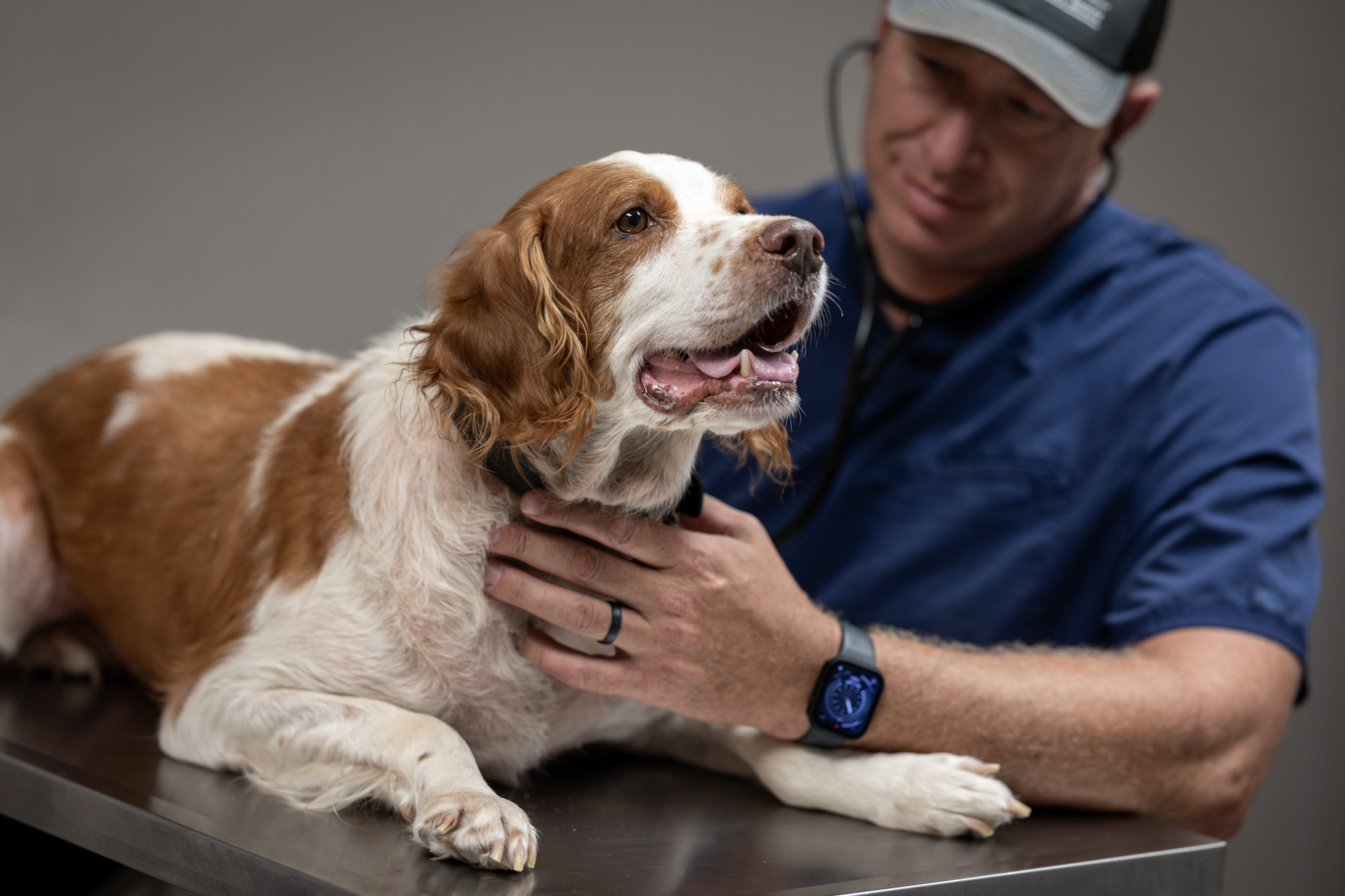A San Francisco biotech startup has received some official validation from federal regulators that it can do the once unthinkable: Keep your dog alive and healthy for longer.
Loyal, the company in question, just received notice from the U.S. Food and Drug Administration that its experimental treatment—a drug called LOY-001—can extend the lifespans of larger dogs, which tend to live shorter lives than their more diminutive counterparts.
Saint Bernards and Great Danes, for example, have an average life span of 8 to 10 years, compared with Jack Russell terriers and Chihuahuas, which have among the longest life expectancy among dog breeds at 14 to 16 years.
While it’s not the final regulatory nod necessary to bring the drug to market for pups, the hope is that this step will be a milestone in bringing more longevity technology to dog owners.
“This milestone is the result of years of careful work by the team,” Loyal CEO Celine Halioua said in a statement. “We’ll continue to work just as diligently to bring this and our other longevity programs through to FDA approval.”
Halioua told the New York Times that she anticipates that LOY-001 could result in “at least one year of healthy life span extension” and thinks the drug would cost in the “mid-double-digit dollars per month.”
In a Twitter thread explaining the process, she added that “no regulatory path for a lifespan extension drug” currently exists—effectively making this the first technology to extend the lifespan of man’s best friend.
LOY-001, the company says, reduces the levels of insulin-like growth factor, known as IGF-1, in larger dogs. The hormone is connected to body size in humans and dogs and peaks for both at around the age of puberty, explains Kari Ekenstedt, an assistant professor of anatomy and genetics at Purdue University’s College of Veterinary Medicine who is unaffiliated with the company.
Loyal points out in promotional material that large breeds have up to 28 times the level of IGF-1 as small-breed dogs. But there hasn’t been much research to prove that a greater prominence of IGF-1 directly correlates to shorter lifespans in dogs, let alone that LOY-001 could be the solution.
That said, existing research has found that mice genetically modified to have less IGF-1 do live longer—and appear to have fewer medical complications connected to age, at the expense of being much smaller than mice with standard levels of IGF-1.
Ekenstedt said the premise for Loyal’s product “rings true” but expressed some concern about the other impacts that it could have on dogs because of IGF-1’s close connection to a range of bodily processes. The long-term effects of reducing the hormone levels in dogs remain unclear as well, since longitudinal research has not yet been conducted for the drug.
“I think it has a lot of exciting potential, but I would urge just some caution,” Ekenstedt said. “I don’t think we should be jumping so in the deep end that every Great Dane in the world should be put on this immediately.”
The next step for Loyal will be to get a green light for its safety and manufacturing processes. Once that approval takes place—a process likely to take years—then LOY-001 will receive conditional authorization, allowing Loyal to sell the product for up to five years prior to full approval for its technology.
Loyal also has two other products in the works: a daily pill version of LOY-001 and another pill to “improve metabolic fitness” in older dogs. For LOY-001, dog owners will have to take their dogs to a veterinarian every three to six months to get the treatment.
But even with the positive signals, the company’s lead drug candidate is still a ways away from a full launch: Loyal anticipates that it won’t launch the drug that promises to be a fountain of dog youth until 2026.
